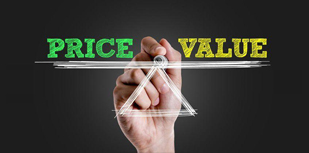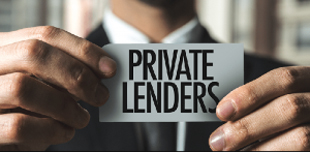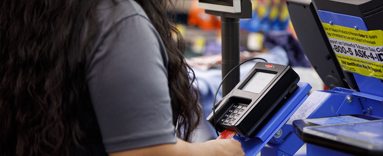The economic uncertainty brought on by the pandemic has been tough on consumers and
merchants alike.
Consumers must manage their cash flow carefully to maintain their credit, prevent
overdraft charges and avoid unsavory options like payday loans. Merchants, for their
part, are seeking to lure consumers back to stores and make them feel more comfortable
making larger purchases. For both merchants and consumers, then, buying now and paying
later—a concept known as BNPL—has become increasingly appealing.
BNPL enables consumers to buy the products they need now without busting their budgets.
And it enables merchants to broaden their customer base and drive sales without
increasing costs or risks. In a July survey of American consumers conducted by The
Ascent, 37% said they had used a BNPL service. Their top two reasons were to avoid
paying credit card interest and to make purchases that wouldn’t fit their budget.
Buying now and paying later is not a new idea, but it has evolved over the years. Some
retailers still offer layaway, which requires customers to pay off an item before
taking it home. Still others offer their own credit cards, which allows consumers to
BNPL at a specific store. These options have been partially eclipsed by major credit
cards, which consumers liked due to their wide acceptance. But many
Americans—especially younger generations—have become wary of credit card debt.
A Credit Card Alternative
Even before the pandemic, Americans were saddled with an average of $29,800 in personal
debt, excluding mortgage debt, according to Northwestern Mutual. Scarred by the memory
of the Great Recession—and still burdened with student loan debt—Millennials still
have fewer credit cards and carry lower balances than older generations.
While Millennials’ comfort with credit cards is increasing, they—like everyone
else—face income uncertainty caused by the pandemic. Some credit issuers have reduced
credit lines or tightened lending standards in the wake of the pandemic. And the APR
on new credit cards in mid-October averaged 16%, according to CreditCards.com.
In the last few years, however, a new option has emerged—financing offered to the
consumer at the point-of-sale, recently estimated to be a $391 billion market. For
consumers wary of credit cards, this can be a powerful option. In a study commissioned
by PayPal of 2,000 customers, 56% said they would prefer to pay a purchase back with
installments rather than use a credit card.
In response, PayPal has also announced a new BNPL product, Pay in 4.1 Consumers can pay
for items in four interest-free payments over six weeks. Payments are made
automatically, and the consumer incurs no interest or fees as long as payments are
made on time.
Making BNPL Work
Merchants are finding that BNPL options can significantly expand their customer base,
especially for larger purchases. The impact is especially powerful if the BNPL option
is promoted while the customer is still browsing rather than just at checkout.
According to McKinsey, 75% of consumers who seek financing decide to do so early in the
purchasing journey. And PayPal data suggests that BNPL is most effective when promoted
throughout a merchant’s site, including on the homepage, category pages, product
pages, shopping cart and checkout pages. The message reinforcement throughout the
buying journey can help convert browsers into buyers.
As BNPL has grown in popularity, a few startup vendors have entered the arena. They
levy varying transaction fees on merchants and varying interest fees or late fees on
consumers. PayPal does not charge merchants anything additional for its BNPL products
other than its existing transaction fees.
In contrast to its startup competitors, PayPal merchants that choose its BNPL products
benefit from its global network of 346 million merchants and consumers. BNPL options
offered at checkout are tied to consumers’ existing PayPal accounts, streamlining the
sign-up and repayment process. Consumers know the PayPal name and don’t need to
provide personal information to an unfamiliar company. This may help reduce cart
abandonment.
The pandemic has ushered in an era of economic uncertainty for consumers. Fortunately,
recent innovations are providing consumers new options like accessing wages off-cycle
and making a single purchase using multiple payment methods. Seen in this context,
BNPL is yet one more way to improve the match between what consumers need and what
merchants have to offer.
This article was originally published by Richard Sine
forbes.com.










